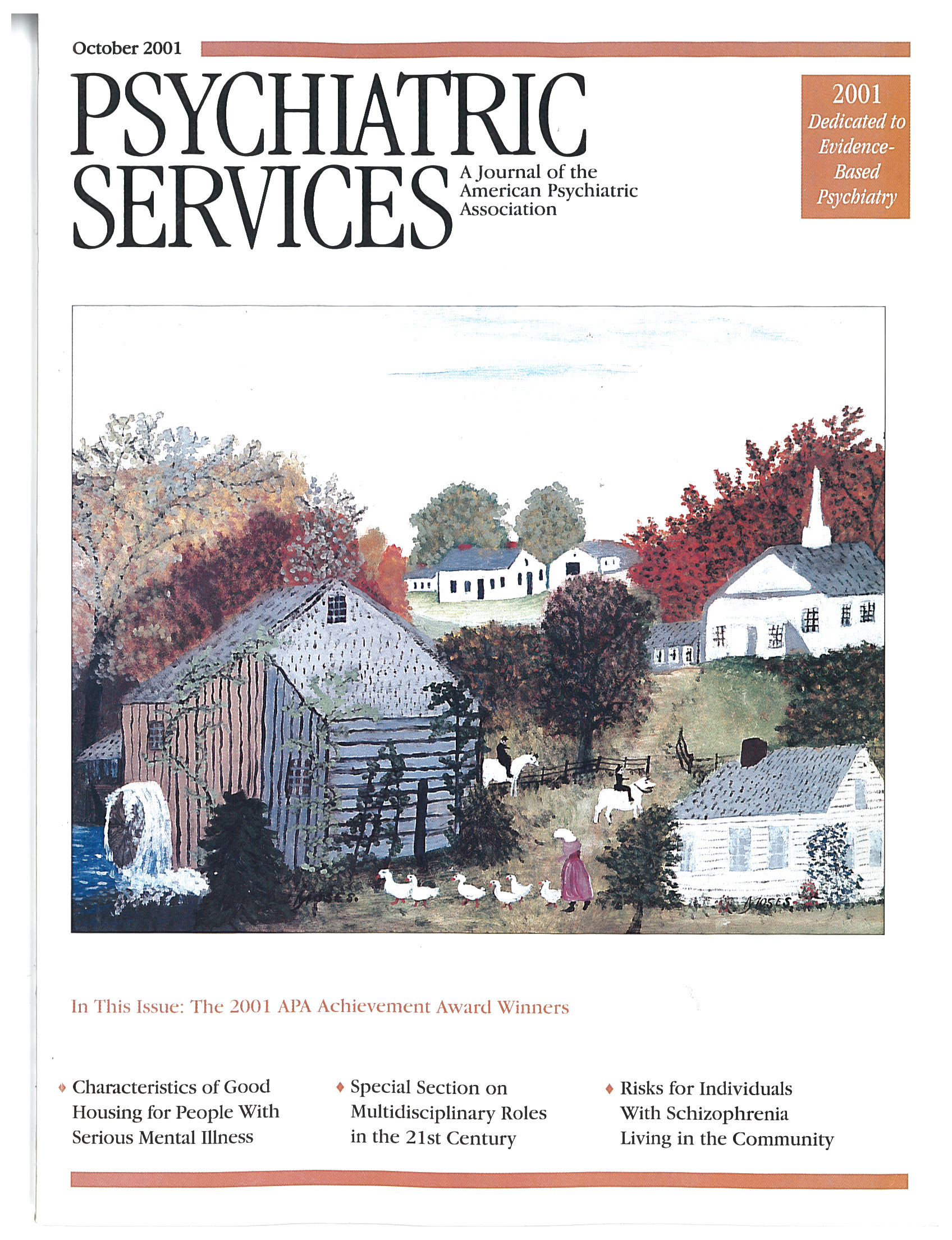In 1996 David Biro, a 36-year-old physician on the faculty of the department of dermatology of the State University of New York Downstate Medical Center, was hospitalized and diagnosed as having paroxysmal nocturnal hemoglobinuria (PNH). This disorder, which has an incidence rate of less than one in a million, results in episodic dark urine at night (hence its name), blood clots, and bone marrow failure. It is fatal in most cases.
In this book, as its subtitle indicates, Biro recounts his unexpected journey from doctor to patient. He describes his precipitous slide from being a young man bathed in sunshine—he didn't even have to set up his own practice, he joined his father's dermatology practice in Brooklyn—to one facing the greatest darkness—a quickly progressive, lethal, poorly understood medical disorder. The transformation is not simply from doctor to patient, but from a high-spirited, forward-looking, full-of-life man to a petrified, dispirited, uncertain shadow of his former self.
Biro comes to appreciate what the doctor-turned-patient can best see. "Medicine has always been a spectacle at the expense of sick people," he says. "For the person in the chair, the body everybody is gawking at, the source of interest, it is downright degrading." He also comes to face the uncertainty of medicine, an uncertainty he was never exposed to in medical school or in his training. "I thought having a diagnosis meant an end to uncertainty," he says. "I was mistaken."
Of the many who practice medicine, one might have thought Biro more prepared for this ordeal than most who have been through medical school. In addition to his medical training, Biro had spent time at Oxford University, where he examined the language of pain and suffering in literary and theoretical texts. He brings this background to the writing of One Hundred Days, but he also allows the reader to see that despite his background, when he actually becomes the patient much of the intellect succumbs to the pain, fear, and passion that surface when one has to cope with a medical disease of extraordinarily high lethality.
Again and again the reader hears from Biro the patient what Biro the doctor never understood. His insights will be familiar to those who have listened to patients talk about their experiences with physicians when they had anything more than minor medical complaints. Biro is astonished that, again and again, he has to actively seek out information, which is otherwise not provided to him. He is continually surprised at the lack of reassurance provided to him. He notes that physicians can dole out sympathy but seem remarkably stingy when it comes to empathy.
The power of One Hundred Days lies in how Biro's training as a physician leaves him so poorly prepared to be Biro the patient. He has changed roles, and with the patient's lenses on he sees the doctor in ways that he never did when he had the doctor's lenses on. For this reason alone, this book should be considered for use in the training of all physicians. In the mental health field it can be useful for training not only physicians but also professionals in other disciplines, although it may be harder for nonphysicians to relate to the details of the story. For example, Biro refers to himself as a "zebra"; by the end of the third year of medical school, most medical students would know what he means. Readers who trained in others disciplines, no matter where they are in their career, might not.
Biro does survive the PNH, the beneficiary of a bone marrow transplant. By the end of the book, however, he has not yet completed the grafting of his patient persona onto his physicianhood. For him this will probably be a lifelong quest. Biro has done the medical profession a service by providing a story from which we can learn the value of empathy in the practice of our craft.

